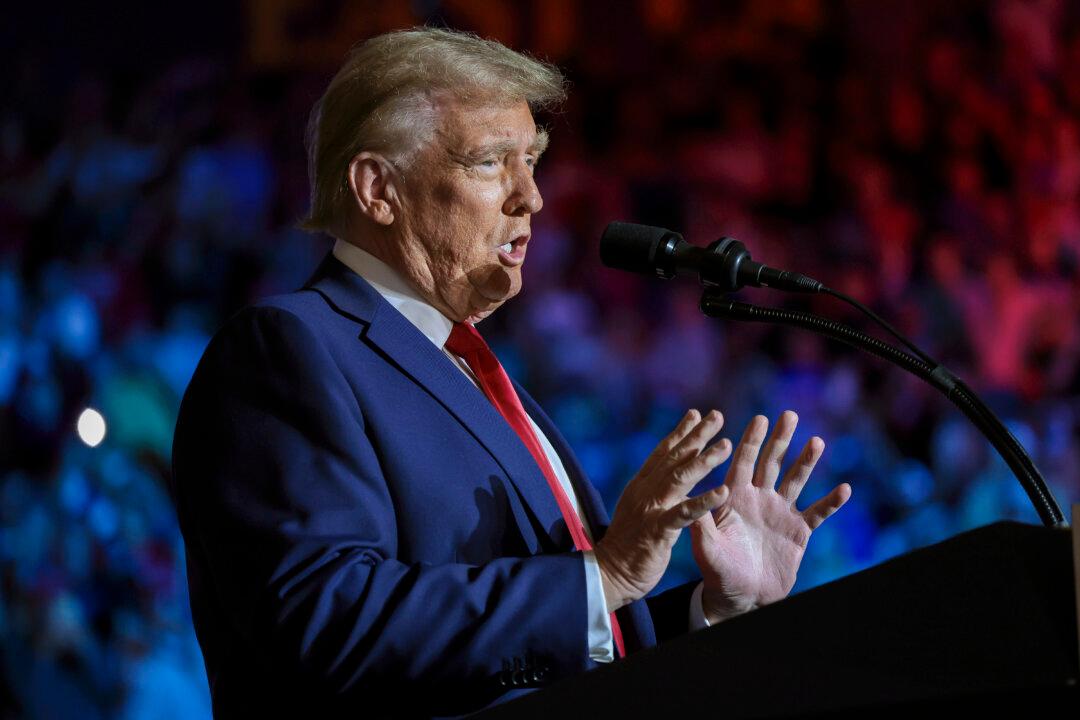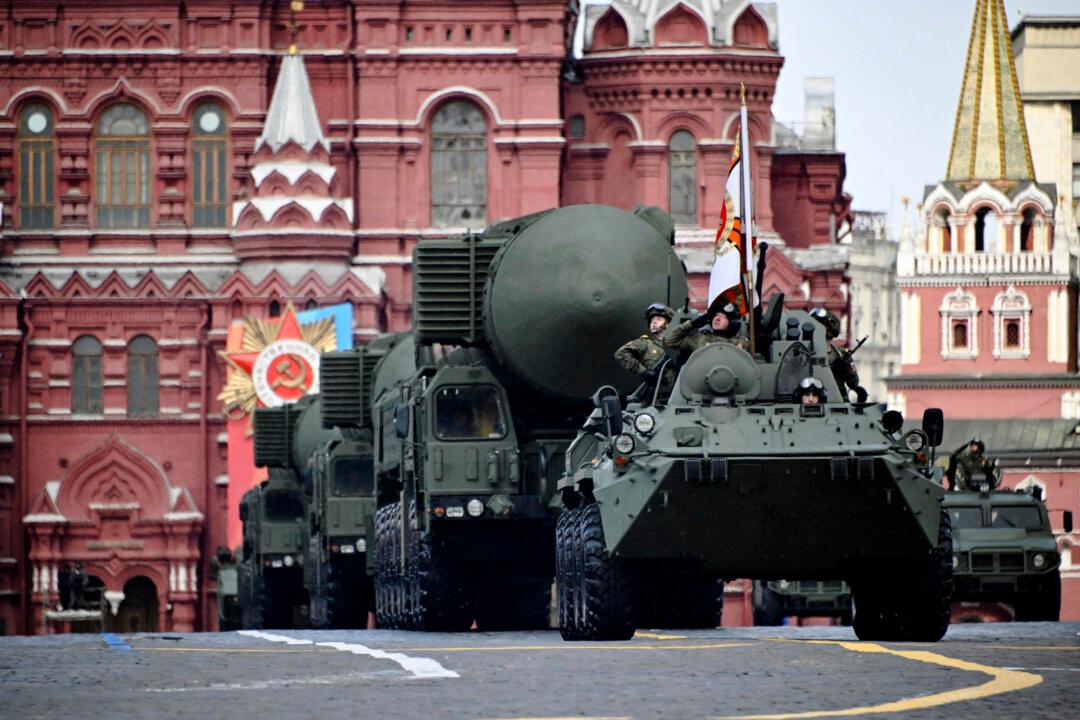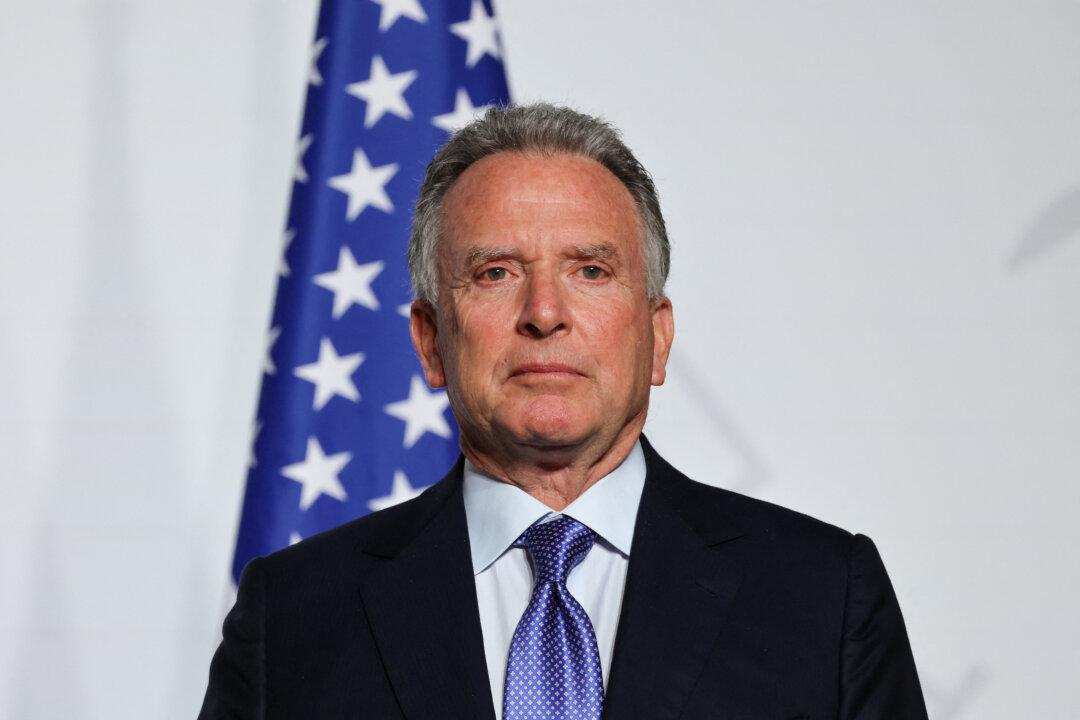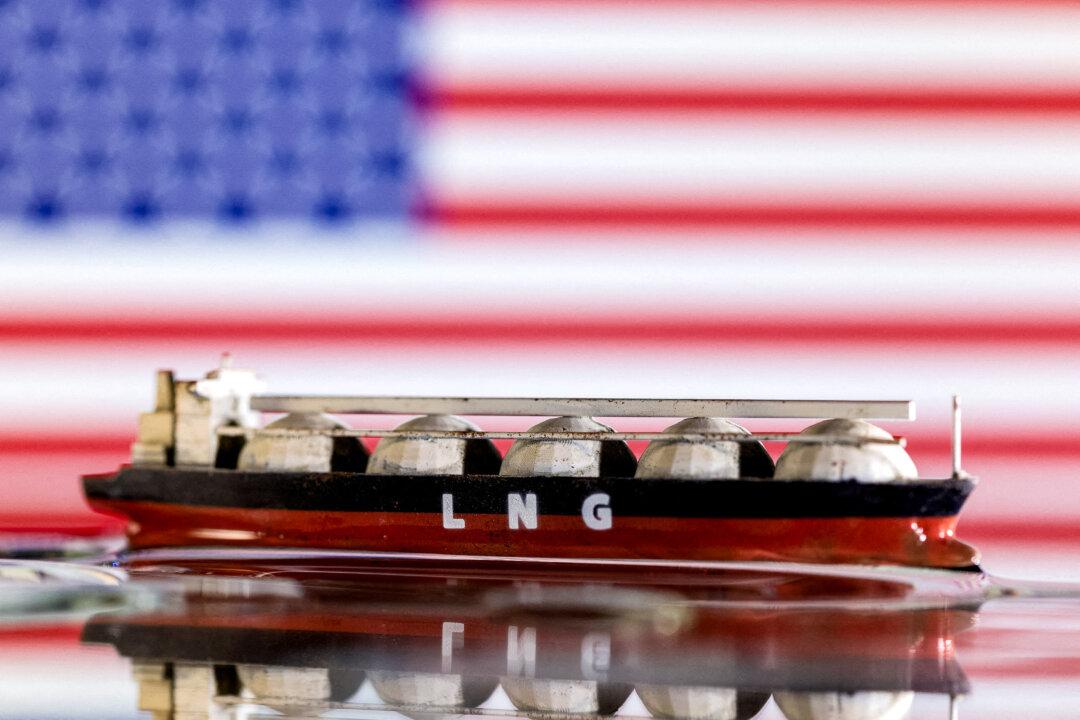News Analysis
While experts are divided on how the European Union (EU) and its 27 members should handle the prospect of tariffs being imposed by President-elect Donald Trump’s incoming administration, there is agreement that the continent will have to make adjustments politically and economically to avoid being left worse off.





